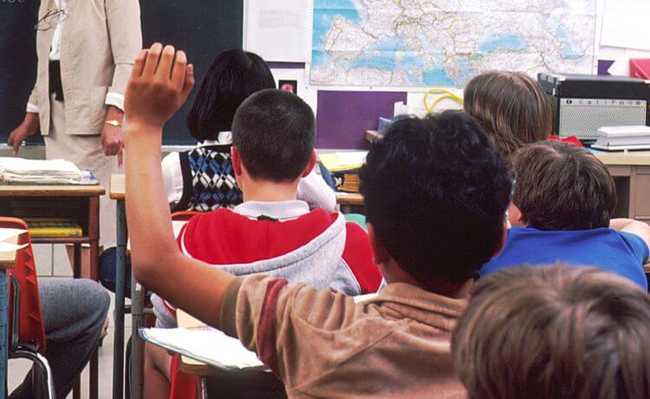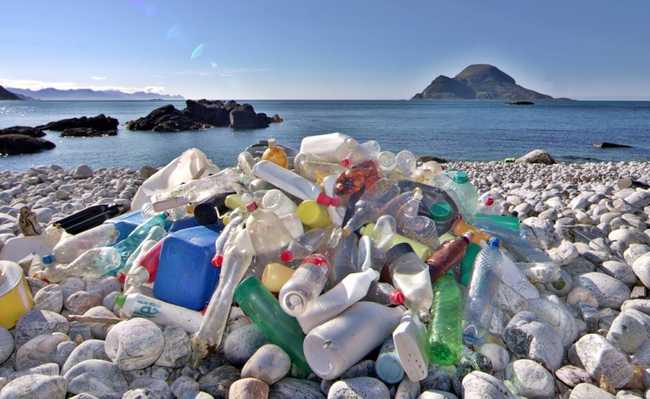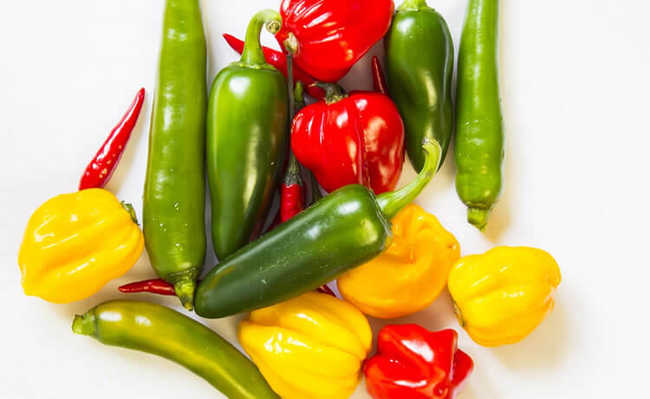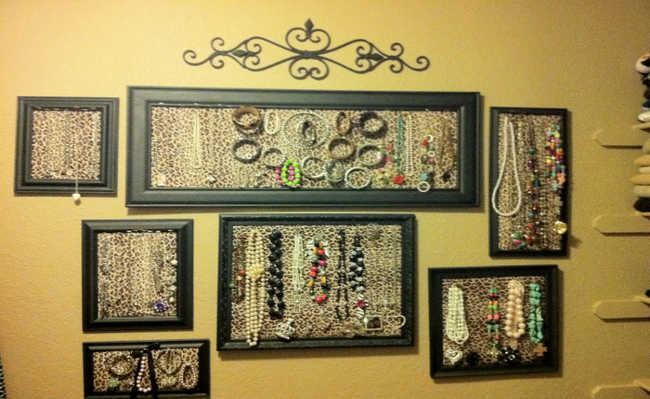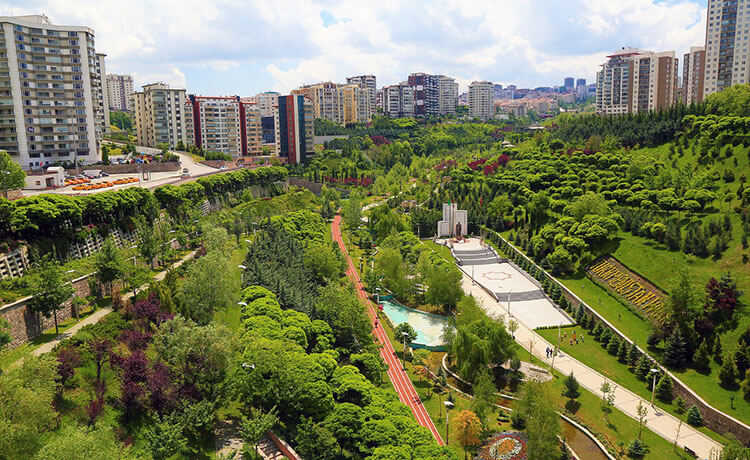Sustainability in early childhood education: eight cool tips
By teaching children to practice sustainability, you create a better environment at home and abroad.

Image in Pxfuel under CC0
Sustainability in early childhood education is a concept that needs to be worked together by society as a whole. However, an important part of teaching sustainability in the context of early childhood education starts at home. The help of tutors in conversations with their children, grandchildren, godchildren, nephews (among other ties that are not necessarily biological) about what consumption is and what its effects are, teaching on topics such as waste disposal, food, social inequality, what recycling is and how it works are initiatives that help children build a better understanding of environmental issues. This all contributes to a change in attitude and behavior.
As a complement to domestic education, the help of the school and its teachers is important, something essential. There are educational institutions that differentiate themselves by presenting the concepts and practices of sustainability to children in their first years at school, something that is worth researching when choosing the space that will help them to form the so-called 'future generations'.
Returning home, there are several ways to develop the theme with the kids, and creativity doesn't need limits. We suggest some legal initiatives that might be a good start.
Here are some tips on how to help your children cultivate a more ecological and sustainable view of the world and their relationships:
food
Sustainability starts with food education. Encourage food consumption in nature it is a way of teaching the practice of sustainability. Introducing children to the world of food and agriculture, with playful stories that explain that food needs to be grown by farmers and that they should not have pesticides, is a successful form of early childhood education. The less industrialized products your child consumes, in addition to having better health, less packaging waste will be generated and less environmental impacts as a result of production and transport.
Likewise, early childhood education that teaches the importance of valuing locally produced food is sustainable education. And you can teach all of this to your child in playful ways, with planting and fair games, for example. Remember that your child will want to eat what you eat, so start by setting an example!
- Do you know who the locavores are?
plants
One way to bring children closer to sustainability is to talk about what vegetables are, their symbolic and practical importance and their cycles, in addition to teaching them how to plant. Take the opportunity to do it as relaxed as possible. Monitoring the growth of plants together can be a very special experience.
- Organic urban agriculture: understand why it's a good idea
- Make a vegetable and herb garden using 1 m² of your home's backyard
- Windowfarm: make a vegetable garden in your home window
Light switches with superhero design
One of the best ways to conserve energy at home is to turn off lights that aren't being used—that light bulb on where there's no one to light. And that goes for every room in the house, from living rooms and bedrooms to bathrooms and service areas. Turning off lights is easier for the adult, but for children it's similar to memorizing the periodic table of elements or times tables. So how about a switch with the children's favorite superhero or character design to encourage them to turn off the light? Take the opportunity to say that Batman, for example, is watching for the lights to be turned off. This is a simple measure, but it brings children closer to the concept of sustainability, as they come to understand energy as a form of consumption that impacts the environment.
- Saving energy makes all the difference
Turn bath time into a race
If you can shorten your shower time in your home by just a minute or two, you'll save up to 150 liters of water a month, without thinking about energy savings. To help speed up your children's bathing time, take the opportunity to time their shower time and offer small rewards if they make it to the allotted time or if they have a better time than the last bath. But in the game rule, it must be clear that it is not worth skipping the personal hygiene part because of a prize.- Crazy inventions to save water
- Avoid wasting water in your home with reuse, exchange of items and knowing how to read the water meter
Ticket near the bathroom tap
Another way to conserve water is to turn off the bathroom faucet when you're not using it. Make sure your kids are turning off the tap while brushing their teeth. Remember that this also applies to adults, when they are shaving, flossing or any other personal hygiene. The older ones need to set an example for the younger ones to follow. Then put a small note in writing near your faucet to refresh your memory and that of your children.- Clean kitchen utensils with less harmful chemicals and still save on water
Chargers Brigade
If your children have their own cell phones or any other devices, they probably also have a lot of chargers. Even when not connected to any of these devices, chargers continue to consume electricity, so it's best to unplug them when not in use. If you encounter difficulties in the practice of this rule, the relaxed association of suspending some benefit for a short period of time with each charger found plugged into the socket can be a legal alternative. And this can also be used for video games, TVs, stereos, etc.- Small ecological attitudes help to save energy
Put children in charge of recycling
To change your children's habits, in any matter, how about putting them in charge of the actions? Give kids the control of recycling, as they will understand its importance and give more value to the separation of household waste, a way to crystallize the practice of sustainability. It's nice to teach children how to recycle food waste at home, through composting. Everything will be even more fun when they understand that the main work is done by the worms. But it's important to remember that recycling should be the last option. What is really good is to reduce consumption and, consequently, the generation of waste.- Do you know what recycling is? And how did it come about?
- Eco-pedagogical composter: for children to visualize the process of reusing organic waste
Cleaning day
Choose one day of the week as your house-cleaning day. Call your children to help removing what is garbage. And teach sustainable house cleaning techniques. When your child learns that he should be responsible for the waste he produces and for cleaning the place where he lives, he internalizes one of the concepts of sustainability in early childhood education. This works both at home and at school, where a group of interested students can get together to clean the school, pick up garbage and organize the school itself. Make a regular cleaning task force, explaining the need for proper collection and disposal of waste and the impacts in case you do not do it properly.- Baking soda and vinegar: allies in household cleaning
- Seven tips on how to use essential oils in household cleaning
Reusing rainwater
Show the children that rainwater can be reused. The child only has to place a bucket outside the house with a stone inside, to prevent it from tipping over, and wait for the rain. When you stop, just take this bucket and use this water to water the plants that are indoors or even in the toilets. This is easier to do if you live in a house, but if you live in an apartment, just go downstairs.- Rainwater harvesting: know the advantages and precautions
- Learn how to make and install a homemade cistern
Green online games
In addition to these tips, there are ways to interact with children transmitting the message of social and environmental responsibility associated with play. For this new generation, which appears immersed in digital media, there are several games that make children test their knowledge about the environment and sustainability, such as creating a more sustainable village or a character who needs to plant trees and face lumberjacks who want to deforest. Or even a slightly more elaborate game where the user has contact with environmental policies and sustainability solutions for the planet. Take the opportunity to encourage your children to play these types of games and take “quizzes” on the subject.Watch a video, in English, that shows the possibilities of preserving the planet:

